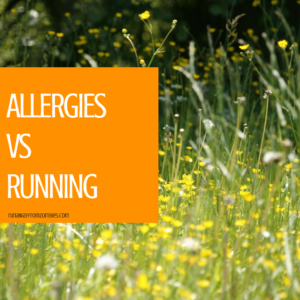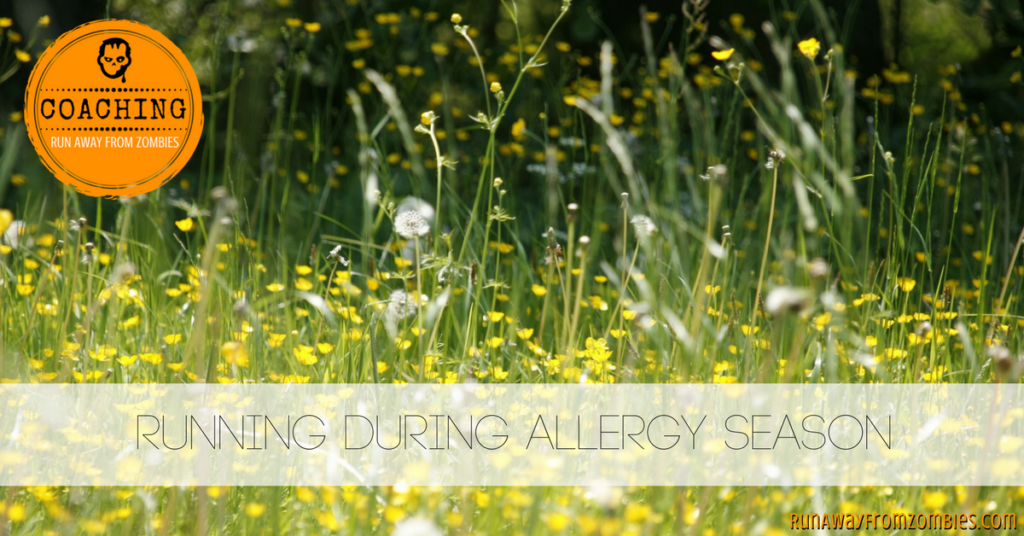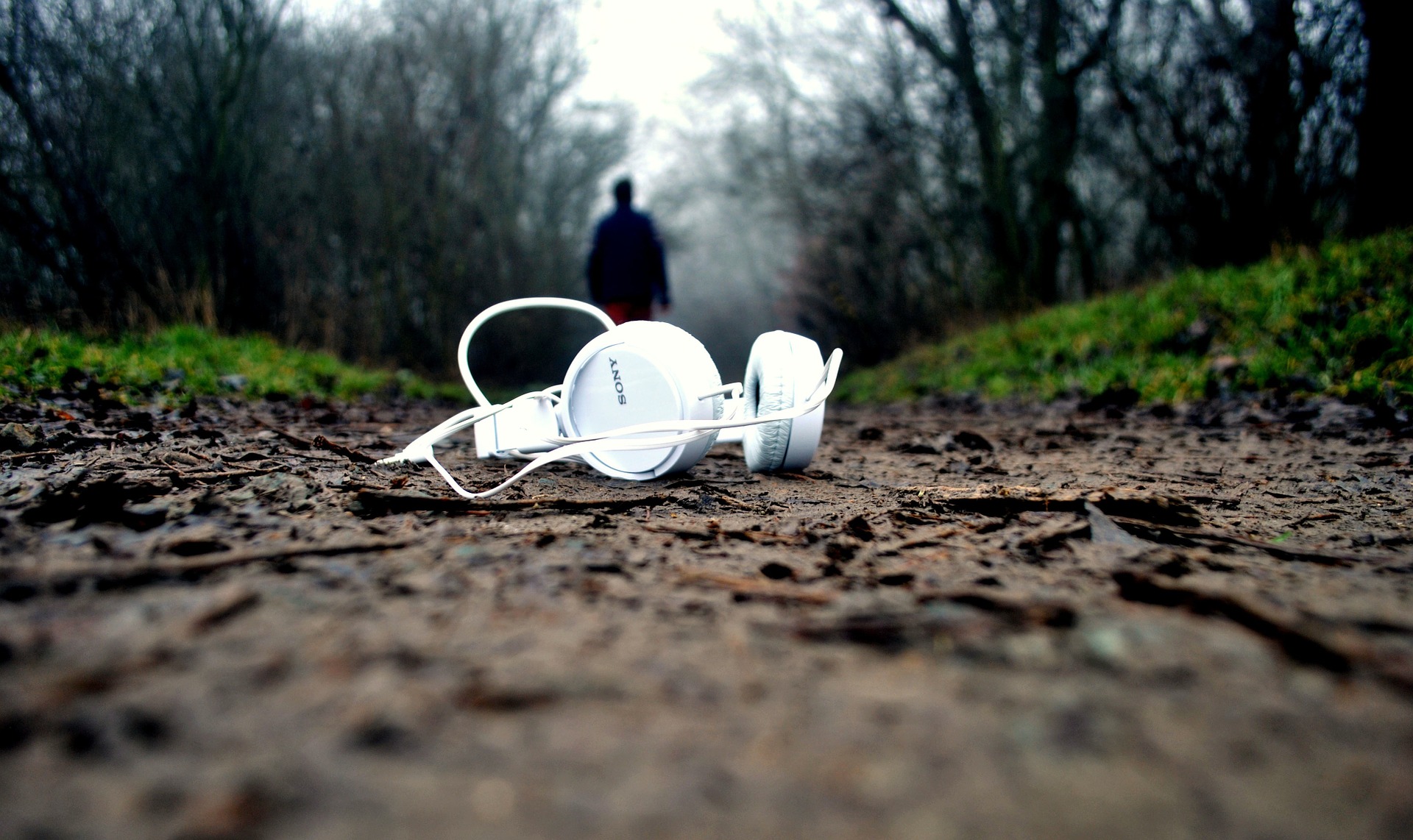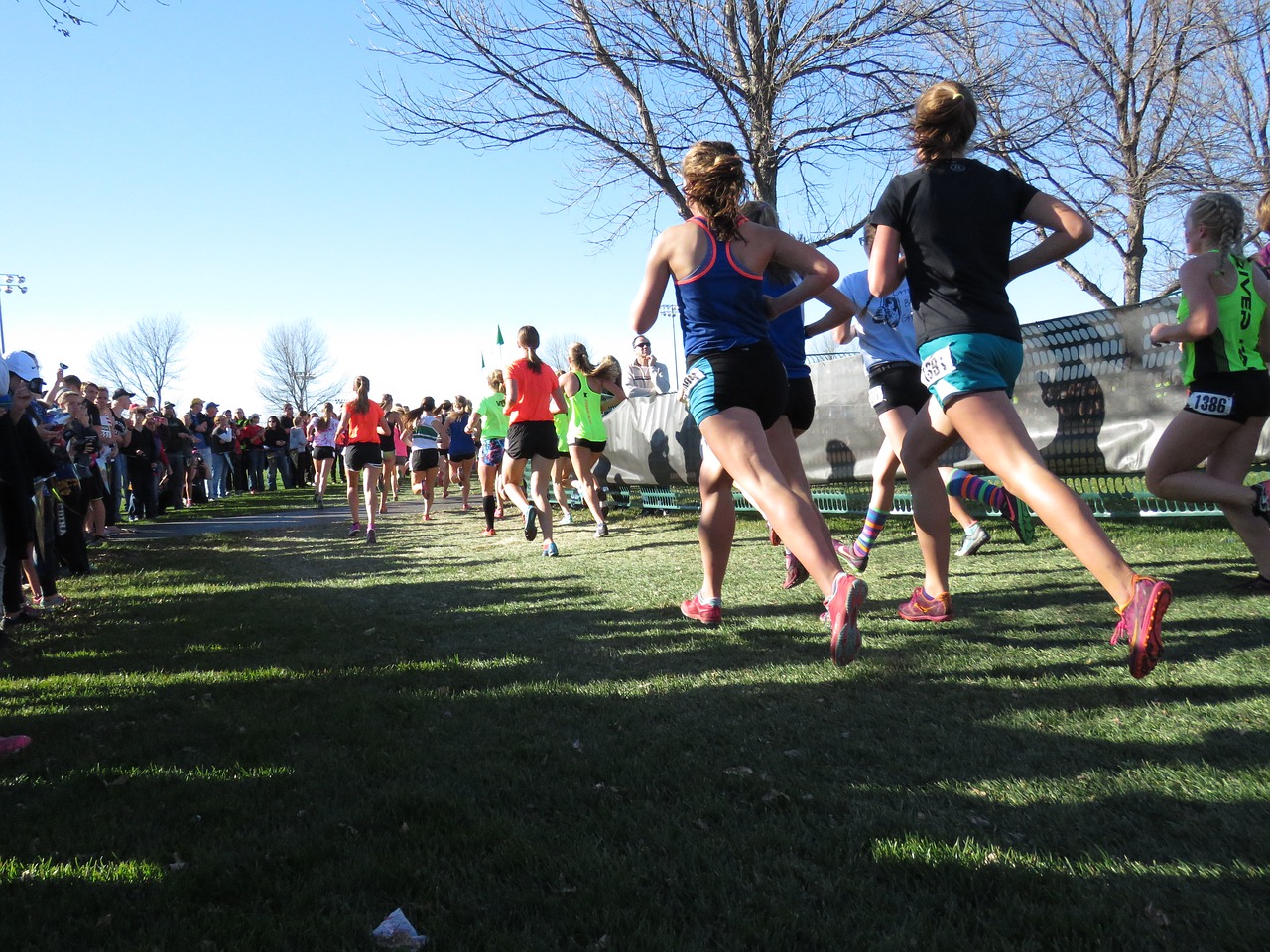 Allergy season is HERE!
Allergy season is HERE!
A running nose (or worse) is not fun while logging your miles. I asked Dr. Brad Goodman, Board Certified Allergist of Coastal Allergy & Asthma PC, how we could best combat allergies during our runs.
His response surprised me. He encouraged us to start taking our typical allergy medications WEEKS before our eyes ever start itching.
Check out all of his advice below. And many thanks to Dr. Goodman and Coastal Allergy & Asthma PC for their insights.
Ask the Doctor: Running with Allergies
How can we prevent allergy season from impacting our running season?
Start pre-medicating 6-8 weeks before allergy season with oral antihistamines (Claritin, Zyrtec, Allegra, Xyzal) and over-the-counter nasal steroid sprays (Flonase, Rhinocort, Nasocort).
If you wait until the symptoms start, it’s too late.
 Should I go for a run or stay home when allergies hit?
Should I go for a run or stay home when allergies hit?
It’s OK to push through upper respiratory symptoms (symptoms above the neck, like a stuffy nose or sneezing) to go for your run. However, if you have both asthma and a known seasonal allergen (spring-tree, summer-grass, fall-weed) then running inside on a treadmill would be better.
Many people presume they have allergies, but pollen itself is an irritant. Allergy skin testing by a board certified allergist can direct your treatment.
Can worsening our allergies make us sick?
Chronic airway inflammation from allergies can lead to an increase in sinusitis and upper respiratory symptoms, but they do not actually lower your immune system response.
Any long-term solutions in dealing with running with allergies that you can give?
Many of our recommendations are common sense. Avoid outdoor running on “high” pollen days and consider indoor treadmill workouts. We recommend pre-treatment before the known season to alleviate symptoms.
For long-term sufferers, allergy or “desensitization” shots treat the chronic inflammation associated with allergens, instead of treating symptoms.
What changes can we make to our routines for easier running outdoors?
- Run later in the day. Pollen counts are typically highest between 5 AM and 10 AM
- Watch the pollen counts of any known allergens
- Avoid windy days which dispenses pollen and makes symptoms worse
- Run during light rain or after rain. Rain reduces pollen in the air, thus reducing your symptoms
- Try a scarf or “buff” over the face/mouth to lower exposure to pollen (also helpful for cold-induced asthma)
- Consider eye-wear or goggles, but most do not find them comfortable
- Avoid trails with lots of trees and allergens
- Always remember you can take it inside to the treadmill

Share with Your Sneezy Friends!
Allergy Season VS Running Season
Remember, you can limit your exposure to pollen by doing even just part of your workout inside on the treadmill. When you get bored, you can finish your run outside.
After you spend time outdoors, make sure to change out of clothing and rinse your skin and hair of pollen before relaxing inside.
Thanks again to Coastal Allergy & Asthma. Happy sneeze-free miles!






Having read this I thought it was really enlightening. I appreciate you spending some time and energy to put this short article together. I once again find myself spending a lot of time both reading and commenting. But so what, it was still worthwhile.